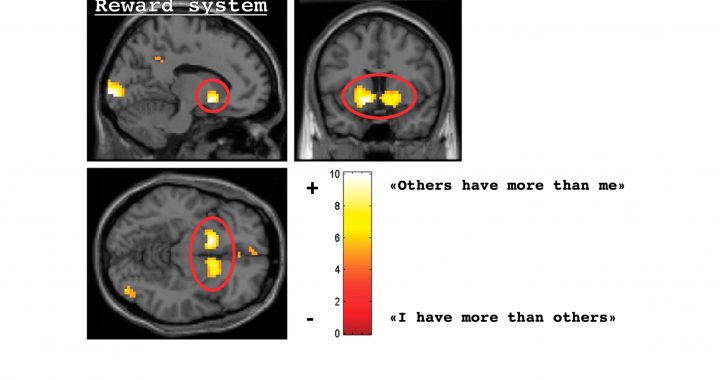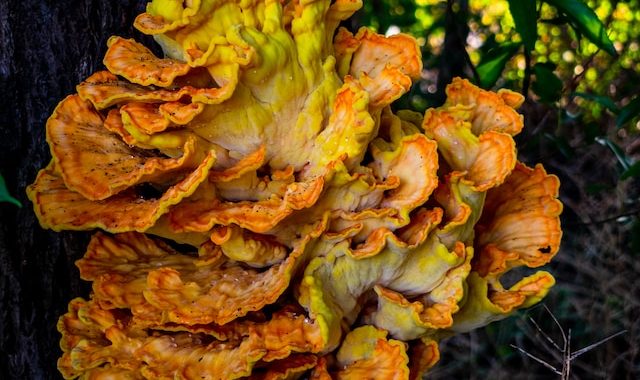
Brain basics: Life is the sum of all your choices (A. Camus)
Decision-making is a broad discipline studied by economists, philosophers, and historians. Neuroscientists more recently started studying it.

Decision-making is a broad discipline studied by economists, philosophers, and historians. Neuroscientists more recently started studying it.

Most of the neurons in our brains are developed before we are even born, but our brains are constantly changing. From childhood and adolescence into adulthood our brains become more and more specialized, learning more complex skills and behaviors.

Social comparison, or the tendency to compare oneself with another, is an individual behavior largely embedded in cultural and political background. Research has converged on the idea that the brain’s reward-related system is involved. Why is that?


As grown-ups, we easily tend to get bored when falling into a form of routine. Children, on the contrary, are very much into repetitions. This developmental difference is at the core of the way we process and interpret the world with experience.

The series “The Last of Us” (based on the video game) brought a scary and post-apocalyptic scenario to our screens: that of a fungal pandemic in which infected people turn into zombies with the sole goal of spreading the fungus to the uninfected. It makes for a very compelling horror story, but is any of it rooted in reality or is it all just imagination? The answer lies somewhere in between.

It’s happened to the best of us: you are running late to a doctor’s appointment,

The amount of the brain chemical dopamine might explain mindless actions.

Is it even possible to remain non-judgmental about looks and avoid associated stereotypes? It seems that we all judge looks, even our own; and on top of being superficial, it can seriously affect our behavior.

Nostalgia is a deliberate and bittersweet emotion that connects us to ourselves and other people. It reminds us of the sweeter moments of our lives and the irreversibility of time.